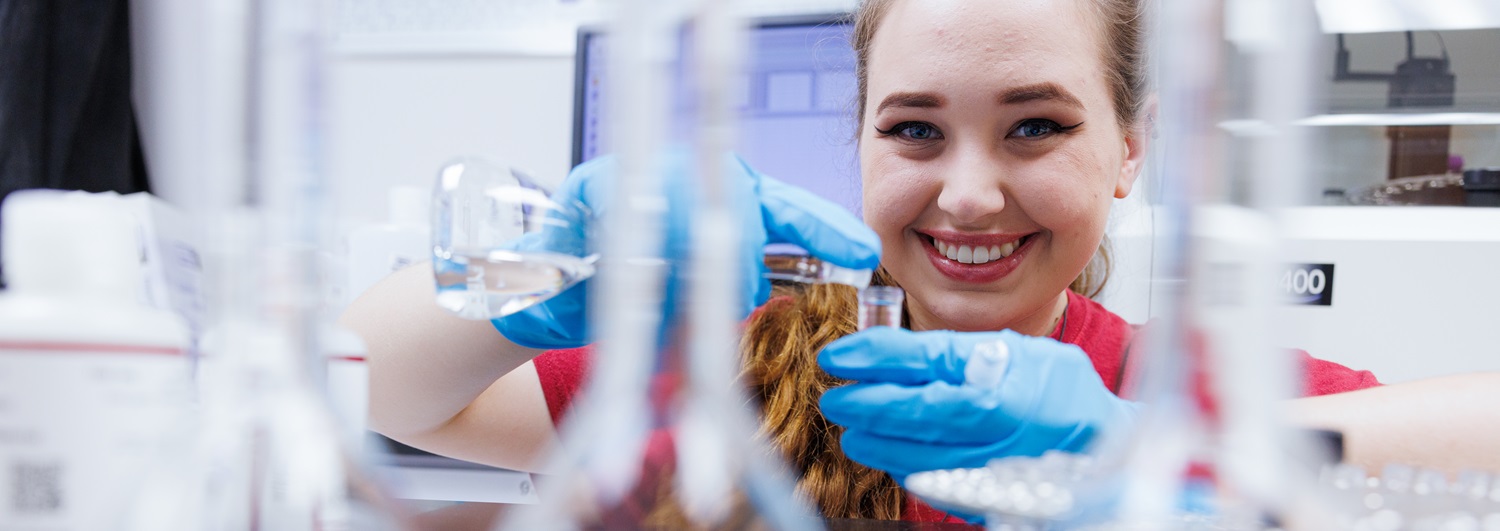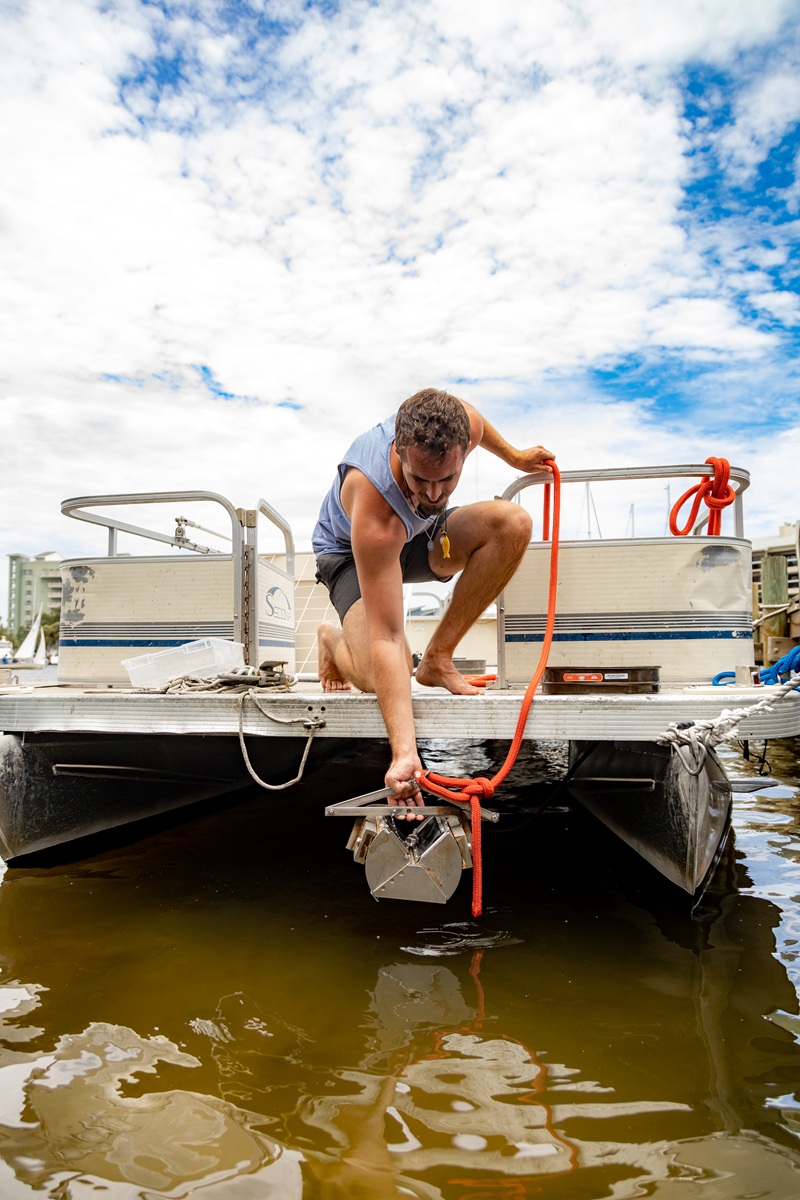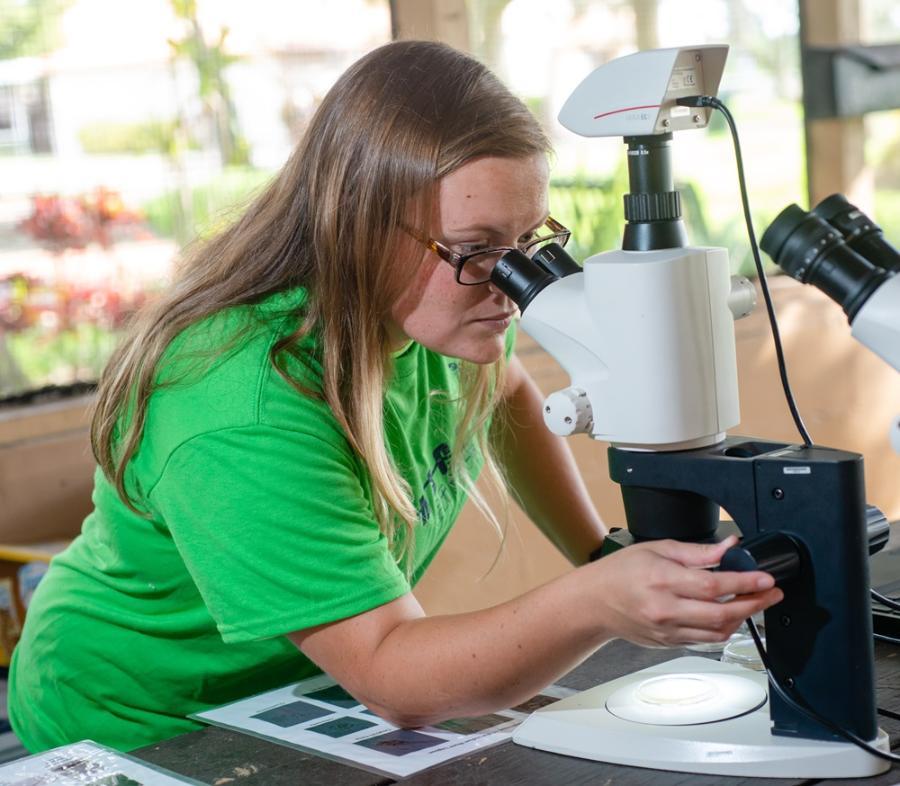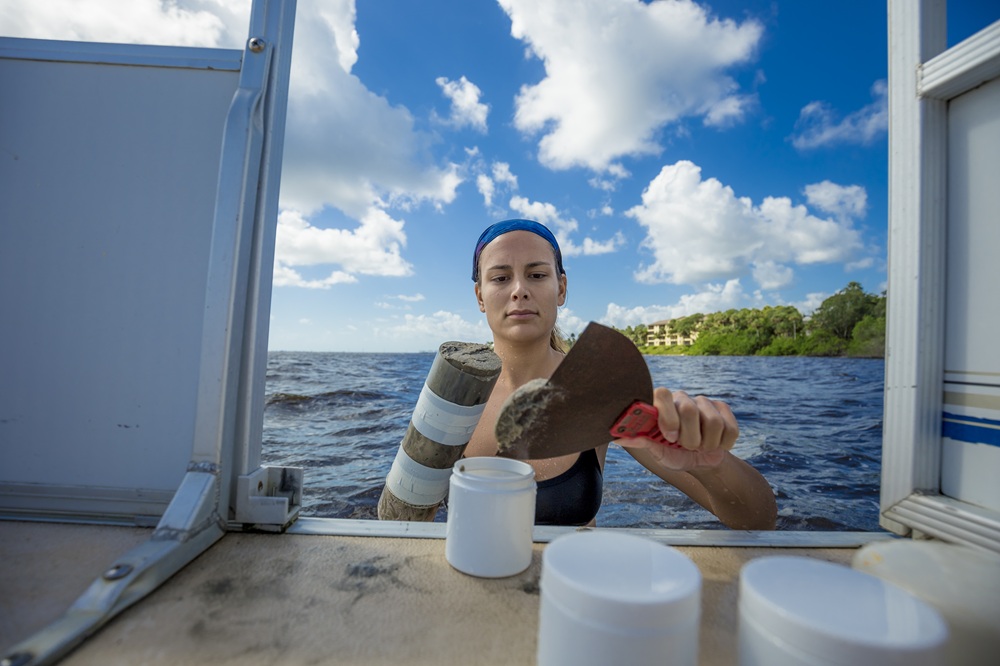Careers in Environmental Science
Environmental scientists protect ecosystems and human health by identifying problems and developing practical, science-based solutions. From cleaning up polluted sites to shaping environmental policy, improving air and water quality or helping industries reduce waste, their work makes a measurable impact.
Florida Tech graduates enter the workforce with hands-on research experience and current technical knowledge, prepared to address challenges like oil spills, algal blooms and rising sea levels.
You’ll find our alumni working for a variety of organizations, such as the U.S. Fish and Wildlife Service, the Environmental Protection Agency, state environmental and wildlife agencies, solid waste management companies, law firms, Greenpeace and the National Wildlife Federation.
Environmental science careers span government agencies, consulting firms, nonprofits and academia—wherever environmental challenges demand informed action. Roles include:
- Environmental scientist
- Environmental chemist
- Industrial ecologist
- Restoration planner
- Environmental consultant
- Environmental health & safety specialist
- Natural resources conservation manager
- Air quality program director
- Environmental protection specialist
- Sustainability specialist
- Land use planner or urban planner
- Climate change analyst
- Director of conservation program
- Wetlands program director
Keep in mind that certain roles may have additional requirements, such as industry experience or a doctoral degree.

 Give to Florida Tech
Give to Florida Tech 



